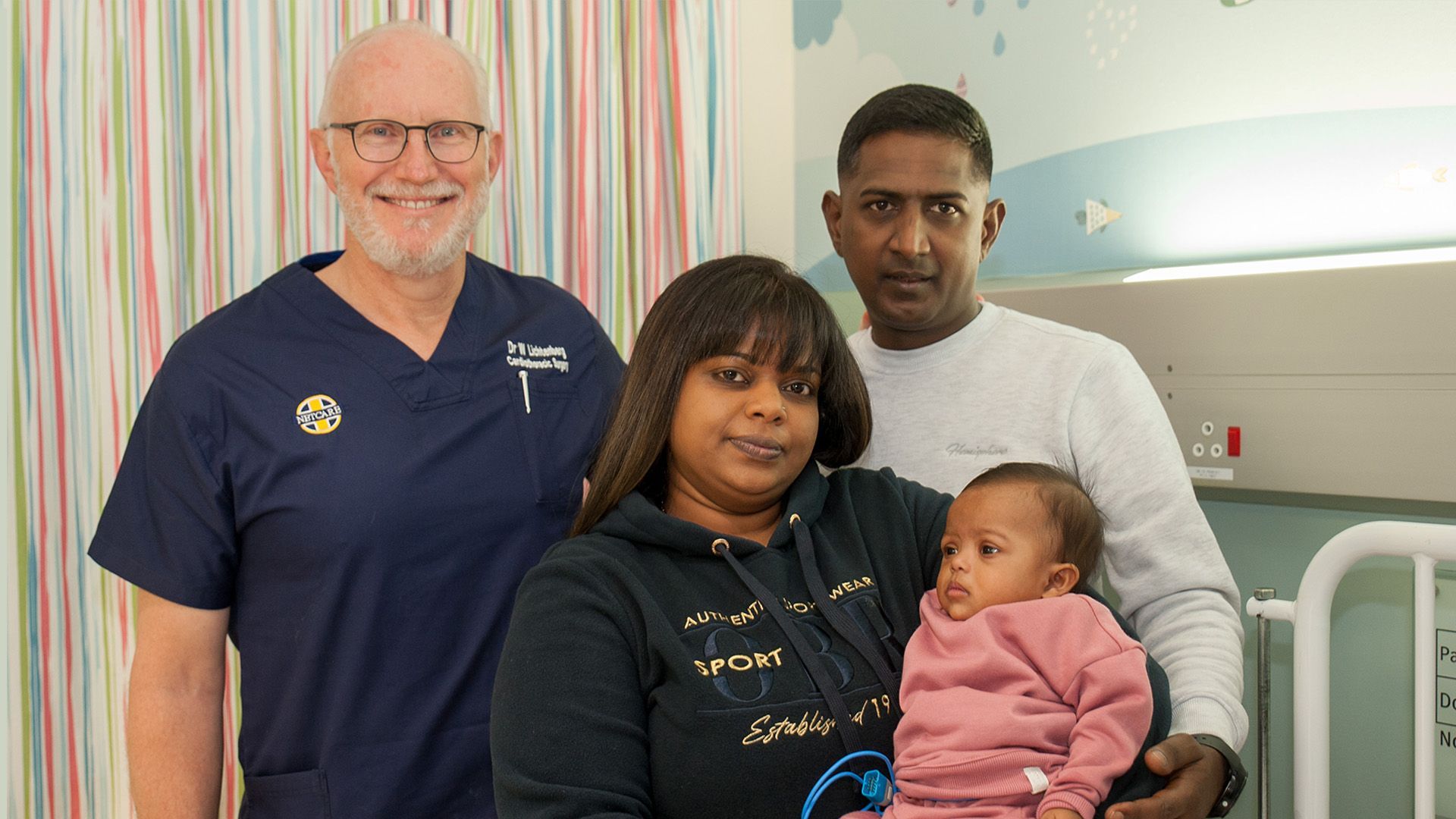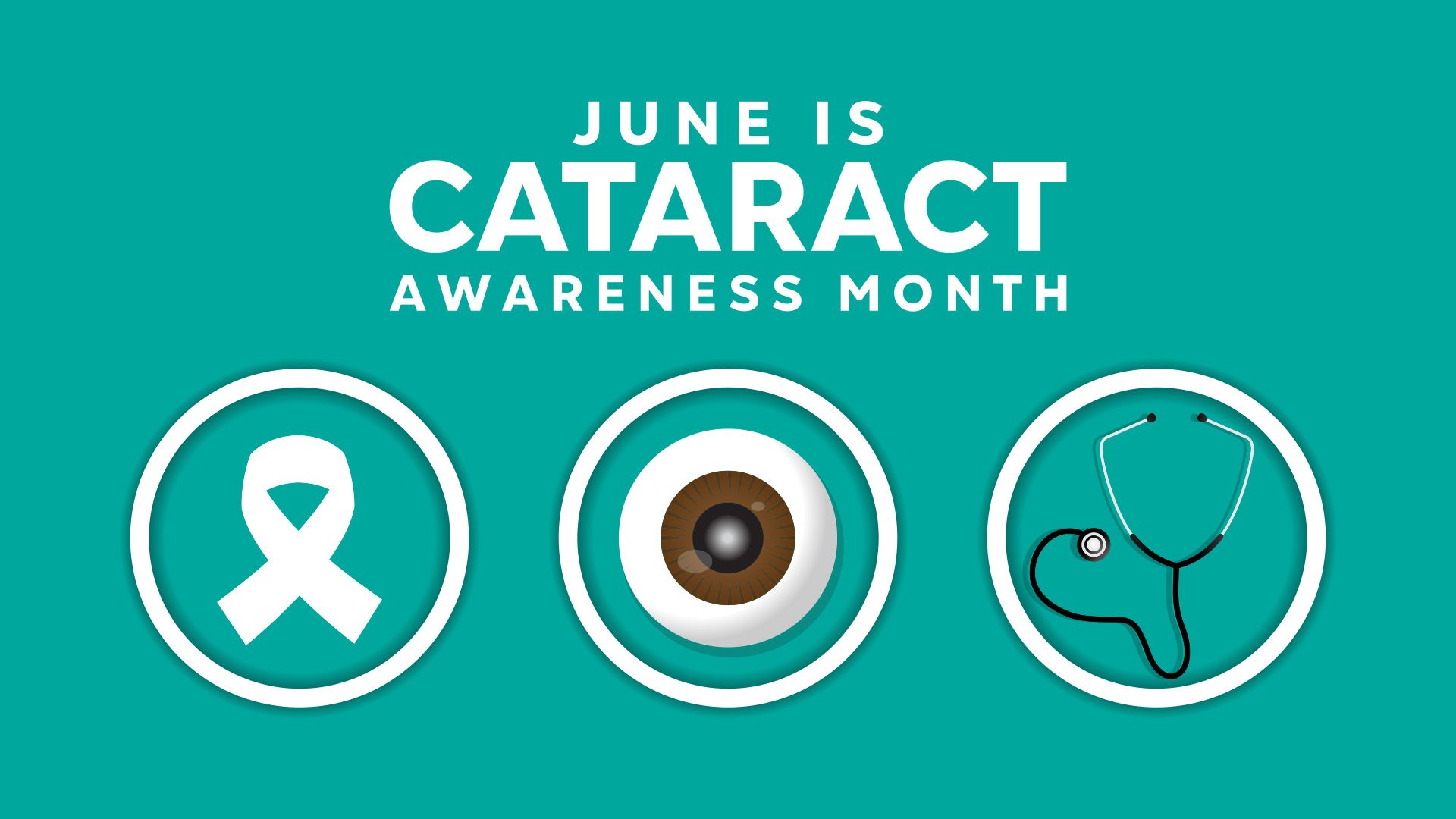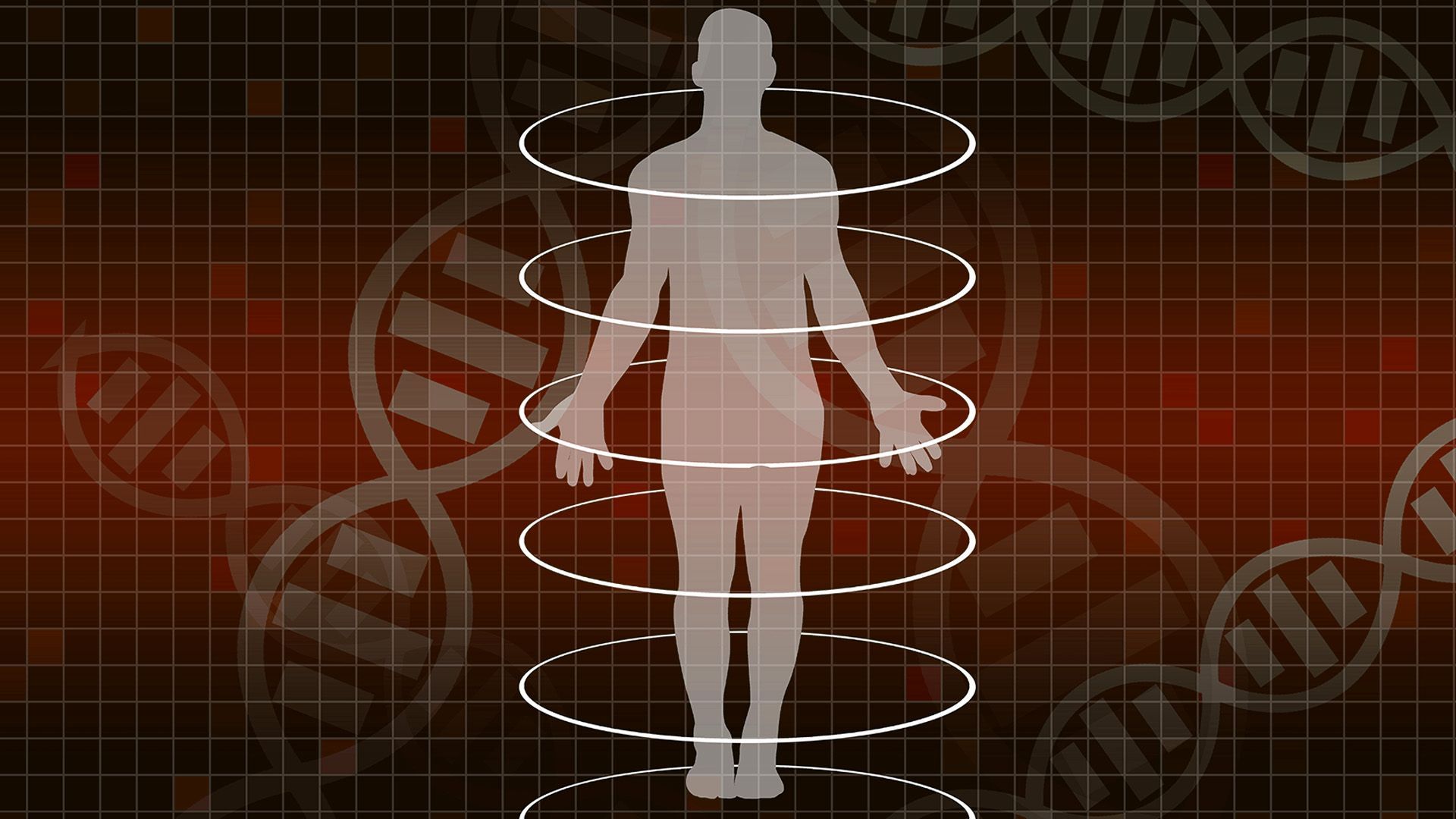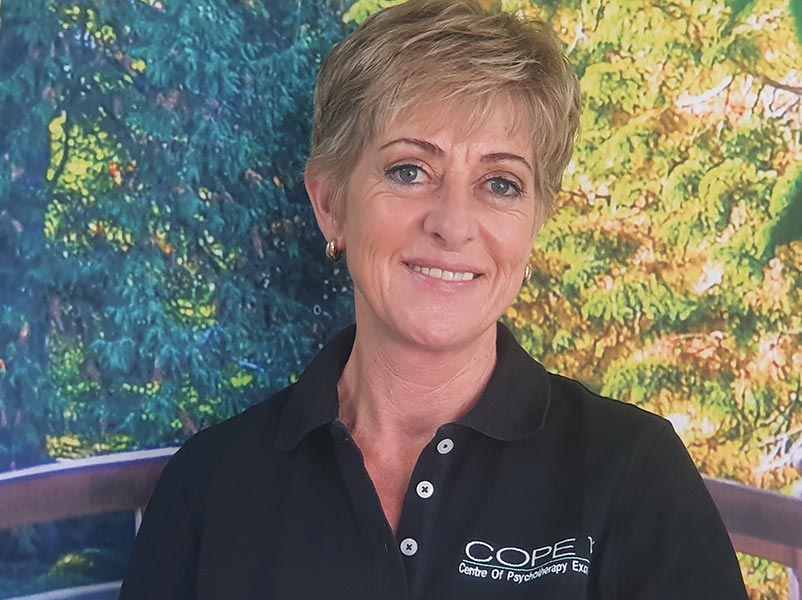Tips on improving concentration
Kuhn recommends starting with creating a balanced lifestyle and controlling external factors as far as possible.
1. Get enough sleep
“Quality sleep is vital to good concentration and general health. Adults need seven to nine hours per night, teens around ten hours and young children even longer. Too little or too much sleep will leave you feeling tired, so it’s important to find the right balance for yourself.
Include:
Blue screen filters if you work on a computer; non-caffeinated beverages at night; a bedtime routine – it can take 30 minutes to one hour to fall asleep.
Exclude:
Watching TV or using a computer or cell phone before bedtime; heavy meals and caffeine in the evenings.
2. Maintain a healthy diet
“Managing sugar levels helps to keep your brain energised and alert. Eat moderate, healthy portions regularly throughout the day. People struggling with this may wish to consult a registered dietician.
Include:
Plant oils, fish oils and nuts – all excellent for the brain; plants and fruits – these provide vitamin C, magnesium, zinc and calcium, which are important for concentration.
Exclude:
Processed foods, which do not provide the sustained energy needed to beat that mid-afternoon slump.
3. Exercise regularly
“An active lifestyle is vital for maintaining good health all round. Exercise stimulates dopamine – an important neurotransmitter in the body that helps one to focus – and oxygenates the body, allowing you to focus more clearly. Again, balance is important – studies have shown that continuous physical training for more than 60 minutes a day can cause increased release of stress hormones, negatively impacting concentration levels.
Include:
Daily moderate exercise and regular desk breaks; children doing homework in the afternoons may need to get up and move around between homework tasks or every half hour.
Exclude:
Sitting in the same position for hours at a time – get up and move around at least every hour.
4. Practice mindfulness
“Learning how to bring your attention back to the present is one of the best ways to control focus and set aside distracting internal thoughts.
Include:
Focused breathing exercises – concentrate on your breathing while you breathe in slowly and deeply through the nose and slowly out through the mouth, three or four times while paying attention to the flow of the air and the movement in your chest or abdomen. This is a practice you can do anytime, anywhere.
5. Do brain games
“Give your brain a workout and sharpen concentration by stimulating memory and the reasoning, logic part of the brain.
Include:
Memory games, visual or verbal; logic games such as Sudoku, puzzles, word games; games of strategy and problem solving, such as crosswords, chess, Bridge and similar activities.
Exclude:
Overuse of screens – certain digital games can be excellent for exercising logic and memory but too long in front of a screen is bad for your health. Set an alarm for 20 or 30 minutes as a reminder to stop.
6. Manage your workspace
“The environment in which you work plays an important part in your ability to focus.
Include:
Good ambient lighting; a comfortable room temperature; sound cancelling headphones if you struggle with noise or white noise in the background if you battle to concentrate in silence.
Exclude: Distracting noises or music; headache-inducing artificial light.
7. Reactivate your brain
“When a concentration slump does hit, get up and move around. Some people find it helpful to play with a stress ball while thinking, while others like to chew. Keep healthy snacks at hand in such cases,” advises Kuhn.
Underlying causes
“Concentration issues can point to an underlying condition that requires further investigation. For example, a person’s ability to focus can be impacted by depression or they may be struggling with an undiagnosed condition such as an attention deficit disorder,” explains Kuhn.
“There may be physiological causes such as neurochemical imbalances of cortisol, serotonin or dopamine, which impact concentration ability. Ageing diseases such as dementia or Alzheimer’s are often red flagged with diminishing concentration and memory.
“Anxiety disorders also impact a person’s thinking ability, as racing thoughts create an internal distraction. Stress management is integral to regaining focus, as when you are stressed your body goes into survival mode making it hard to reason and concentrate,” asserts Kuhn.
Stress and concentration in youngsters
Kuhn encourages parents and teachers to be mindful of the correlation between stress and poor concentration in children and teens. “Many children feel a great deal of pressure to perform well at school. Pushing children hard to succeed can have the opposite effect to what is desired, as high stress levels inevitably impact their ability to focus.
You may see an increase in physical activity or in eating in these children, which is a natural response to raise dopamine levels and combat stress. Symptoms could appear to be those of an attention deficit disorder but it can also be the case that it is stress related. All possibilities should be explored, which can require a little time and patience in order to rule out any lifestyle-related issues,” advises Kuhn.
When to seek professional help
Kuhn notes that there is no empirical data about the length of attention span an individual should experience, however any memory or concentration issues impairing a person’s ability to function well should be taken note of. “Anyone noticing concerning changes or struggling to make cognitive improvements may wish to visit their GP, who will be able to help assess the situation and refer to a specialist if required,” concludes Kuhn.
For information about concentration and memory concerns or accessing mental health services or if you are in an emotional crisis, Akeso is here to help. Contact
info@akeso.co.za or visit
www.akeso.co.za
or
www.copetherapy.co.za. In the event of a psychological crisis, emergency support can be reached at 0861 435 787, 24 hours a day.
Out-patient psychologist and occupational therapist consultations can be booked via www.copetherapy.co.za and psychiatrist consultations through Netcare appointmed™, online at
www.netcareappointmed.co.za
or by calling 0861 555 565. The COPE Therapy website
www.copetherapy.co.za
also contains many useful blog posts on various issues and tips relating to mental health.














